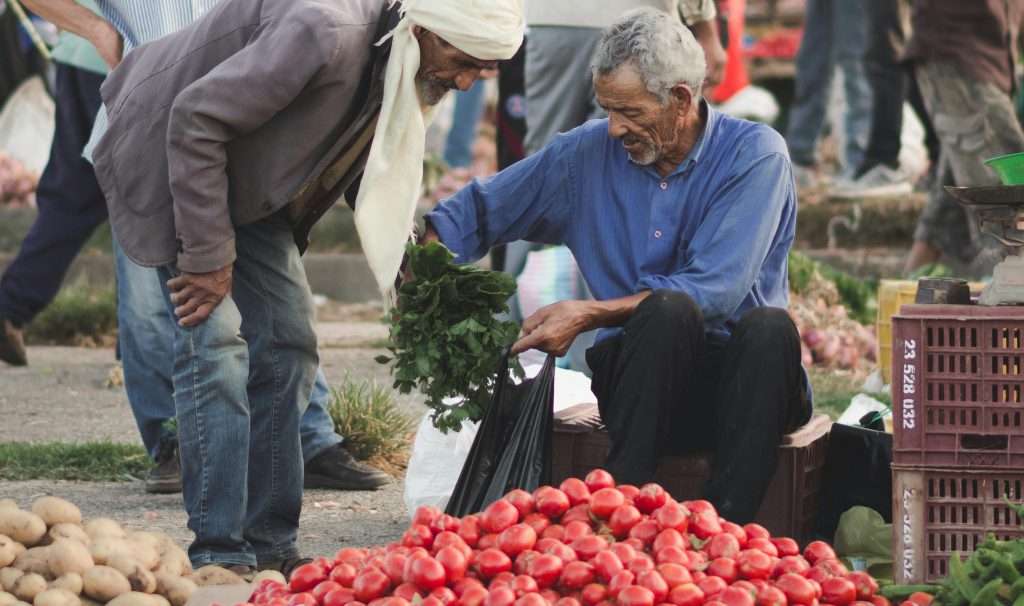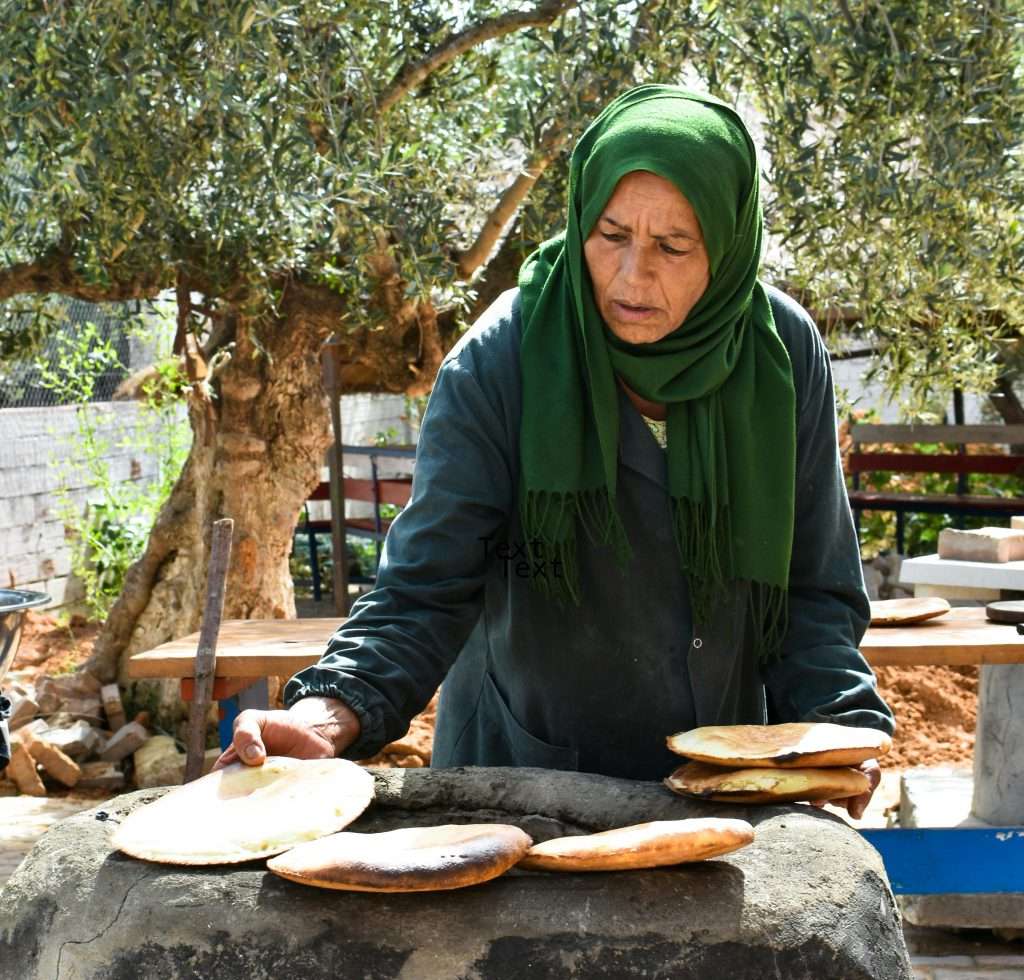Tunisia juggles high obesity rates and food insecurity

The World Bank is addressing food insecurity in Tunisia. Tunisia has received a $130 million loan to support the nation with dairy production and the upcoming planting season, the World Bank reported on June 16th.
The World Bank’s food and nutrition security portfolio supports 90 countries and is expected to benefit 327 million people by 2030. The portfolio boasts both longer-term actions like increasing productivity and climate-smart agriculture, as well as short-term resilience initiatives like extending social protection.
The war in Ukraine has had a major impact on Tunisia, mostly by disrupting its international food and fuel supply and making its already dire economic situation worse. The rising costs are endangering Tunisia’s food security because of its heavy reliance on imports for grains and agricultural supplies.
But, despite food insecurity spanning across the country, Tunisia has a significant obesity problem. The rates of obesity and overweight levels are somewhat higher in Tunisia, compared to neighbouring Algeria. Recent data published by the Global Nutrition Report indicates that almost 60% of adults in Tunisia are overweight or obese.
The most recent data from the Global Nutrition Report indicates that in 2022, 37.5% of adult women and 22.1% of adult men in Tunisia are living with obesity. While Tunisia’s obesity rate is already higher than the regional average for both men and women in North Africa, the World Obesity Federation (WOF) predicts that there will be a significant rise in obesity rates this year.
The regional average for obesity prevalence is measured at 20.8% for women and 9.2% for men. The WOF expects the rate for women to reach 41.6% and men 27.7%.
While researchers have struggled to identify the exact causes of Tunisia’s rising obesity rates, a study in The Journal of Nutrition found that fat consumption was notable higher among Tunisians. Health authorities are currently facing a major challenge in shifting cultural attitudes that fail to acknowledge obesity as a serious health concern, in order to protect public health.

The government has implemented a national programme to improve the nutritional quality of the Tunisian diet, according to the World Health Organisation (WHO). In 2021 Tunisian authorities pledged to combat obesity and chronic diseases by reducing the intake of fat, sugar and salt. The program aims to gradually lower the salt content in bread by 35% by 2025 in a way that goes unnoticed by Tunisian consumers. Since bread is most consumed food in Tunisia, the staple was dubbed a primary source of salt intake for Tunisians.
A pilot experiment was first carried out in Bizerte city, in the north of Tunisia, which saw salt successfully reduced by 35 % in a period of three months and kept at this level of reduction for two years and nine months. So far, the program has been a success, with the salt reduction going unnoticed by Tunisian consumers. However, bakers reported that customers noticed a difference in taste when the salt content was reduced by 40%.
In January this year, the United Nations World Food Program (WFP) announced that it had launched ‘Salla Salla’, a new TV series that aims to motivate families to change their eating habits and to live healthier lives. The series is hosted by the Tunisian National TV Channel Al Watania 1 and 2, in partnership with the European Union and the Italian Agency for Development Cooperation (AICS).
“Salla Salla reflects WFP’s mission of changing lives by addressing critical issues like food waste, malnutrition, and the need for collective action to create healthier, more sustainable communities,” Philippe Royan said, WFP Head of Programme in Tunisia. “This series is an example of how entertainment can inspire real-world change.”
The title ‘Salla Salla’ is a Tunisian Arabic phrase that translates to ‘slowly slowly’, commonly said while cooking and stirring. The series empowers families through humorous and heartfelt storytelling, pushing households to improve nutrition, reduce food waste and to nourish family bonds by sharing meals.
“This is more than just a TV show—it’s a movement to inspire a healthier Tunisia, where families are empowered to make better choices and build stronger futures together,” Royan added.
World Bank, Global Nutrition Report, World Obesity Federation (WOF, The Journal of Nutrition, World Health Organisation (WHO), World Food Program (WFP)
Want to chase the pulse of North Africa?
Subscribe to receive our FREE weekly PDF magazine














